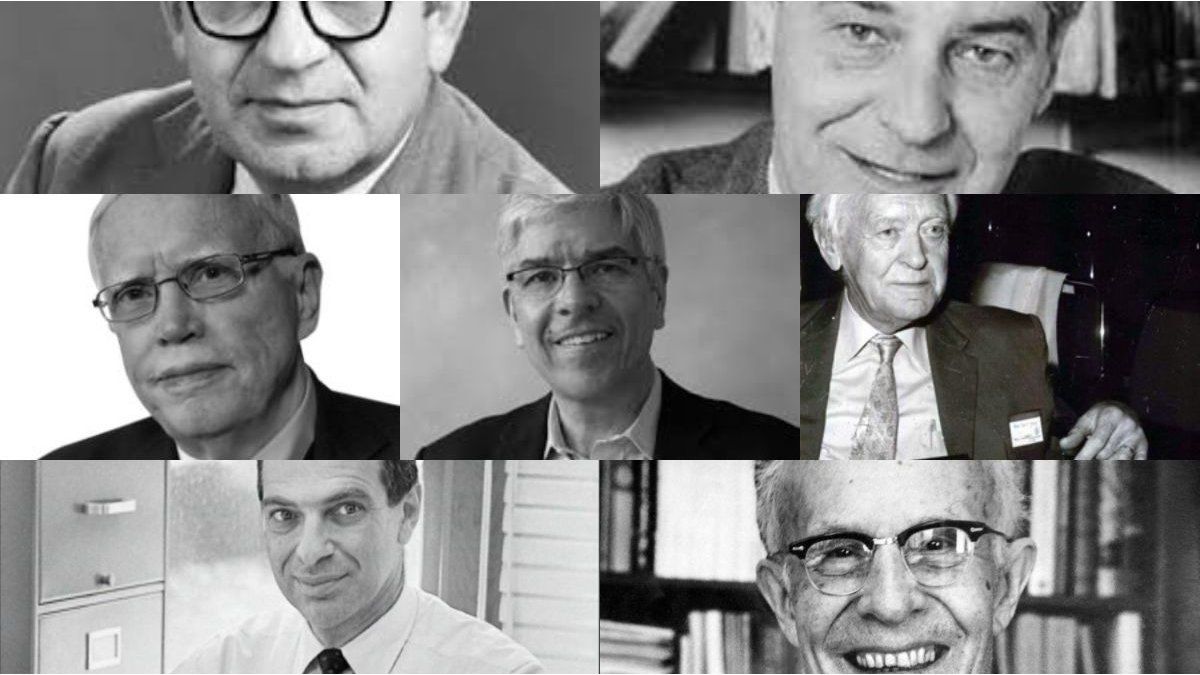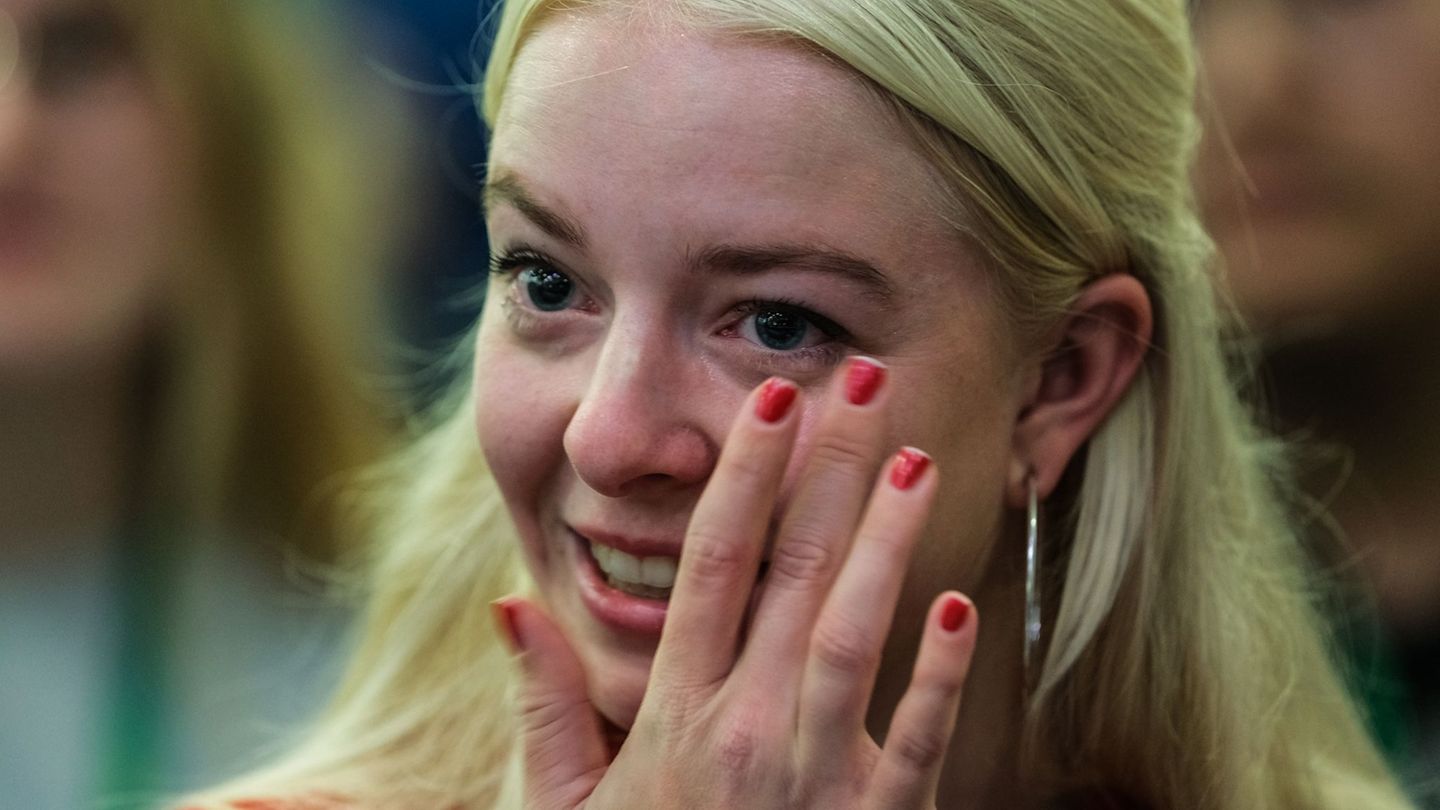However, on September 11 the President not only vetoed said law, but also introduced an additional reduction of 40 billion pesos of the budget for national universitiesthrough administrative decision 23/2025.
On the other hand, the budget allocated to the field Science, Technology and Innovation had even worse performancegiven that 30% fell in real terms in 2024 compared to 2023and this year would accumulate a real clipper superior to the 40% compared to 2023. To this are added the adjustments of the National Institute of Agricultural Technology and the National Institute of Industrial Technology.
It is worth asking, if the Economic theory justifies the president’s vision. The answer is clearly negative. In the subject at hand, there is a Large consensus among academic economists.
Theodore Schultz
Let’s start with human capital, one of the fundamental concepts to understand the economic growth of the countries, which was born and developed in the cathedral of economic orthodoxy, the University of Chicago, by the hand of Theodore Schultz, Nobel Prize in Economics in 1979. Son of a humble southern Dakota farmer who did not want his son to study and train in public universities, he explained that the Health, education, job training and migration expenses, were a form of investment since the productivity of workers increased.
Theodore Schultz
In addition, he considered that in a market economy there would be a Sub -investment in human capital which should be corrected by the public sector especially supporting the most disadvantaged sectors of societyboth to increase the productivity of the economy and to reduce inequality.
Robert Fogel
Robert Fogelprofessor of the same university, won the Nobel Prize in Economics in 1993 for their contributions to economic history. He argued that half of the growth of labor productivity in Britain since the mid -eighteenth and mid -20th century, was due to the Improvement in workers’ health conditionsdetermined by the great improvements in their feeding as in the drastic Reduction of parasitic diseases Thanks to public investment in the provision of drinking water and the sewer system.
Robert Fogel (1)
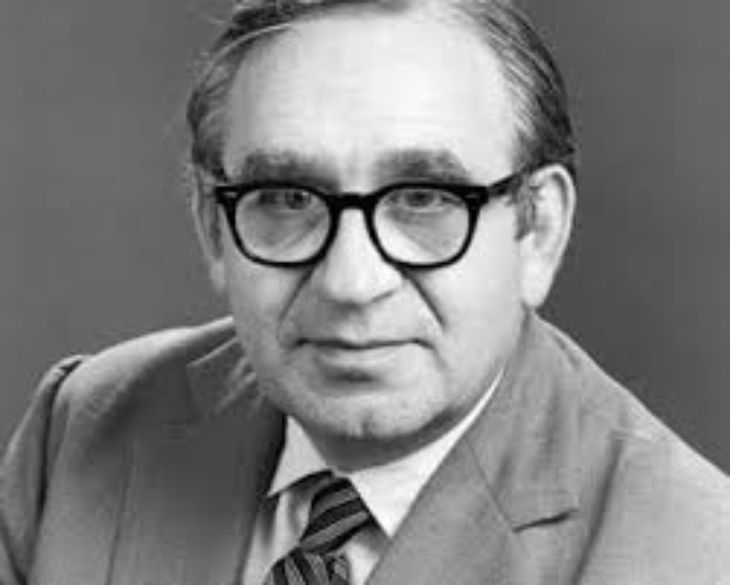
Robert E. Lucas
Robert E. Lucasgreat critic of Keynesianism and winner of the Nobel Prize in Economics in 1995 for introducing the Hypothesis of rational expectations in macroeconomicshe built theoretical models of economic growth based on the Human capital accumulation.
Robert E. Lucas (1)
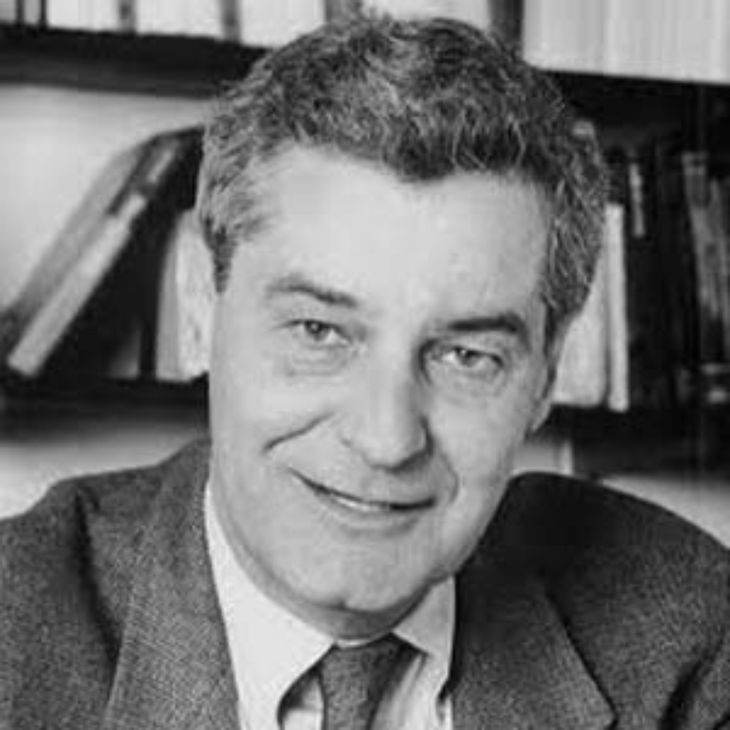
In these models, Lucas postulated that as The knowledge accumulated by each individual positively affects not only its productivity but also the productivity of those with whom it interacts (Positive externalities in technical jargon), in a market economy there would be a subinversion in human capital that should be corrected by subsidizing education and economic activities where experience from experience (Learning by Doing) is more intense.
James J. Heckman
James J. Heckmananother Chicago professor, won the Nobel in 2000 for their contributions to Microeconometry. Decades ago that Heckman has empirically studying the importance of Invest in health and education in early childhood of children of disadvantaged householdsand testing that this investment has the highest return rate of all, of the annual order 13%.
James J. Heckman (1)
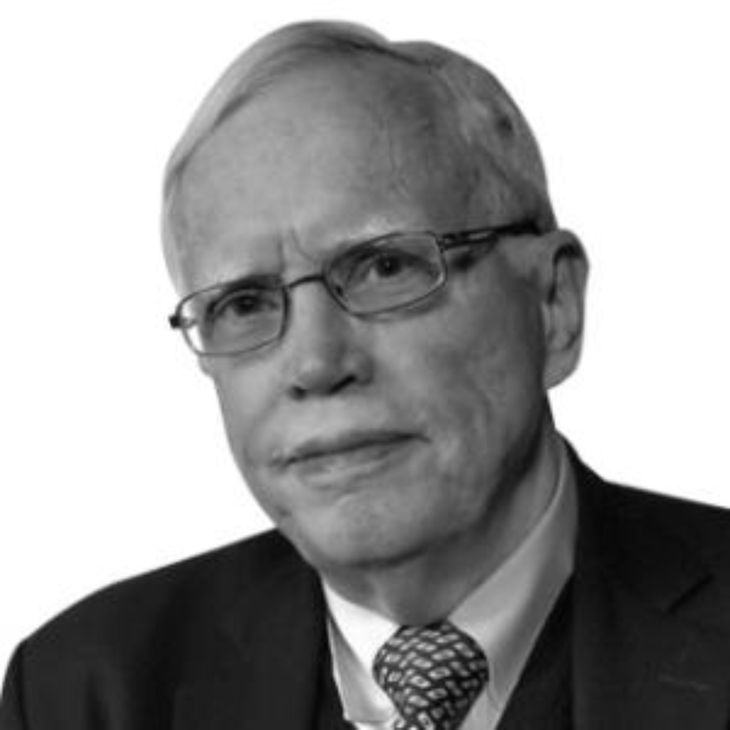
Paul Romer
Paul Romerdoctorate in Chicago, won the Nobel in 2018 for its contributions to endogenous growth theory. His models explain the economic growth due to investments of research and development firms (R&D), that is, to acquire new knowledge that allows them to innovate reducing costs and/or producing more valuable goods.
Paul Romer (1)
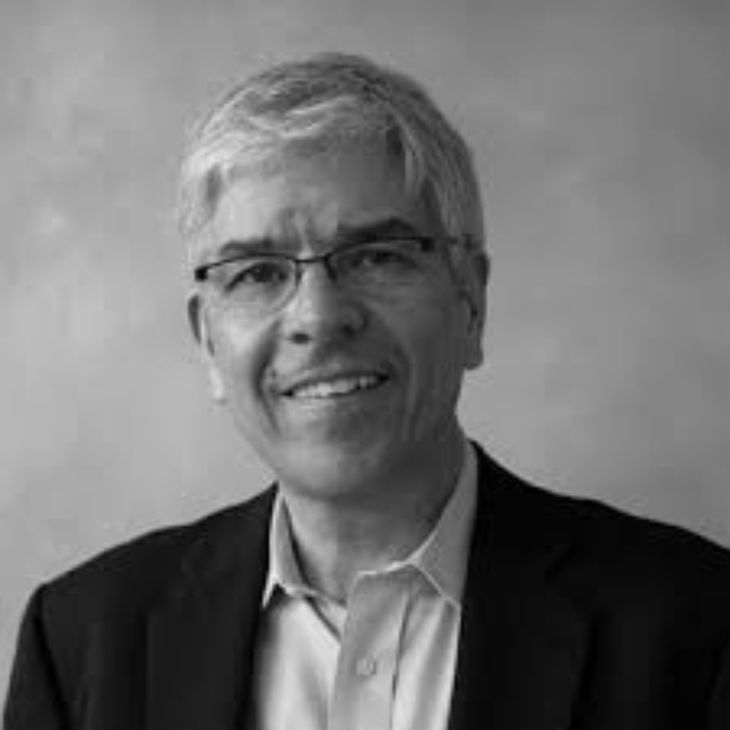
They also highlight that as other firms can also use knowledge of those for their own innovations, the investment of R&D firms will be lower than the optimal in market balance, which should be corrected partially subsidizing innovative activity. One of Romer’s models also explains the Crucial role of human capital in innovation and economic growthand suggests subsidizing it.
John R. Hicks
Out of Chicago, it is worth mentioning the reflections of John R. Hicksprofessor at the University of Oxford, Nobel winner in 1972 for their contributions to microeconomics and the macroeconomyabout him fundamental role that science played in the industrial revolution. In his words: “… is science, especially, Physical sciencethe one that has opened, obviouslyUnlimited perspectives for industry”And to illustrate the role of universities, he mentions that James Watt, the inventor of the steam machine, had the title of mathematical instrument manufacturer at the University of Glasgow.
John R. Hicks (1)
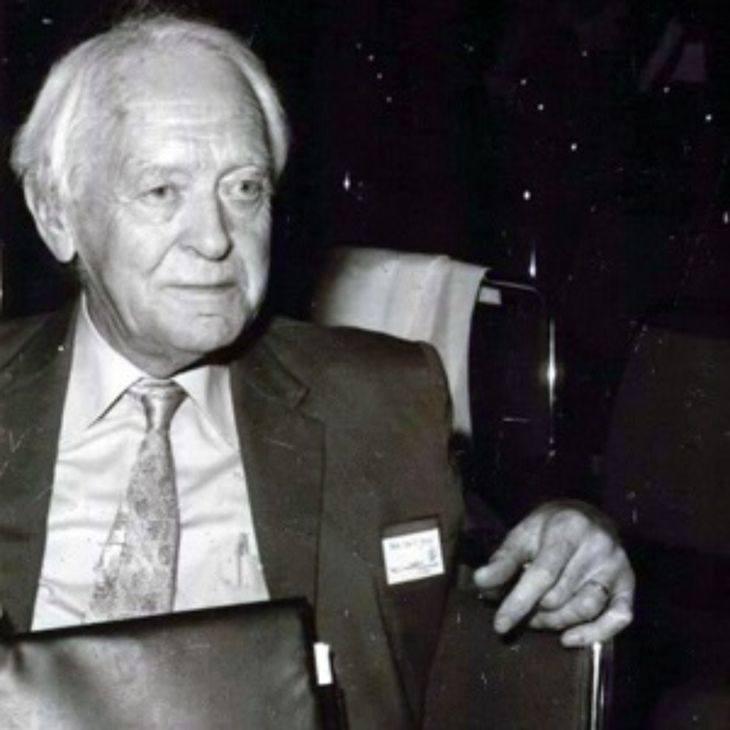
Richard R. Nelson
Richard R. NelsonProfessor of the University of Columbia, it was pioneer of science and technology studies, and the evolutionary approach of the economy. Given the impact of the sputnik launch, the first artificial satellite, by the Soviet Union, raises in its Seminal article of 1959 that, given the character of a public good of basic science, the private sector would not have incentives to finance itand that, therefore, this should be Financed by the Government. Even today, the Federal Government of the United States continues to finance the bulk of scientific research carried by both public and private universities.
Richard R. Nelson (1)
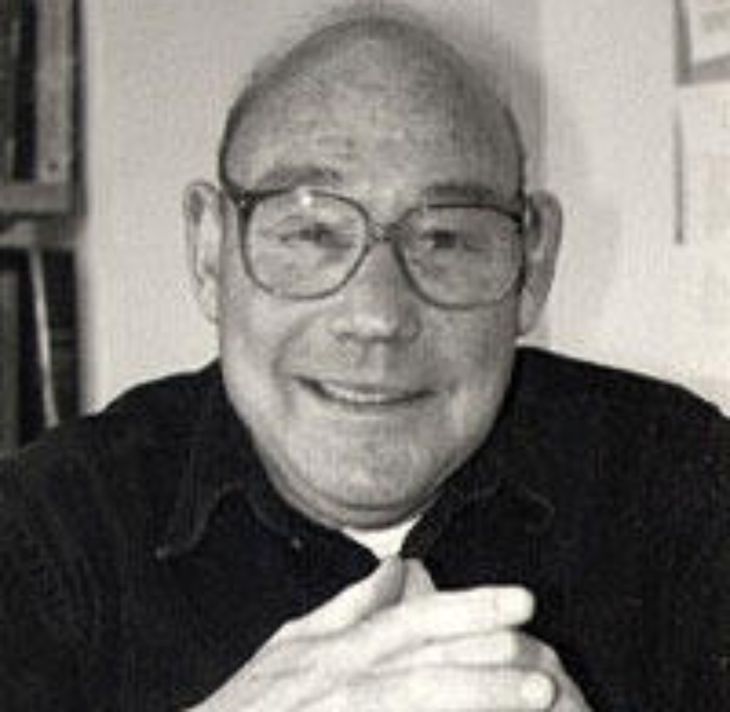
Kenneth J. Arrow
Kenneth J. Arrowprofessor at Stanford University and winner of the Nobel in 1972 for their contributions to Welfare economy and General Balance Theory.
Kenneth J. Arrow (1)
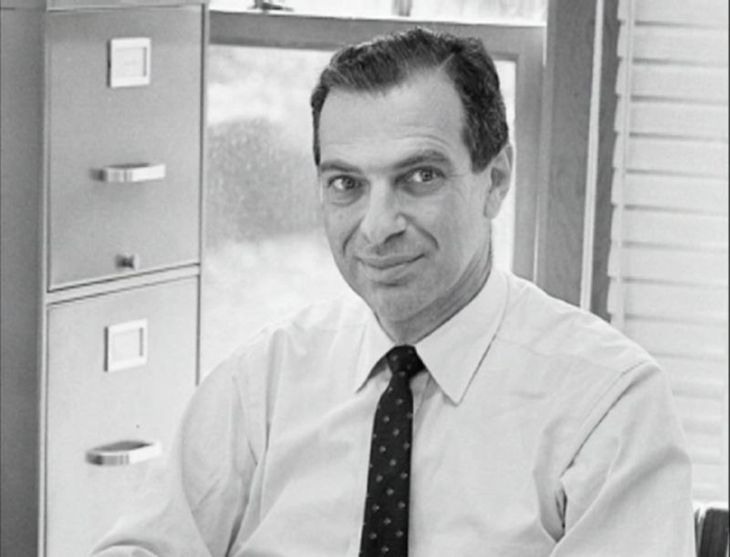
In a famous 1962 article he demonstrated that the allocation of resources for innovation and research in a market economy would be lower to the optimal due to the uncertaintyto the partial appropriation of derived benefits and Existence of scale economyadvancing issues that Paul Romer would then model. In particular, he stressed that sub -record would be maximum in basic science.
To end this necessarily incomplete tour of this academic literature, we will quote an article of 1996 of the aforementioned Nelson and ROMERwho from different perspectives They coincide in the fundamental role of the Government in the financing of research in basic and applied science and the central role of universities Not only in carrying out such research but also in the training of professionals capable of doing research and then innovating in private companies.
By Saúl N. Keifman, Researcher and Professor of Economic Growth at the Faculty of Economic Sciences UBA
Source: Ambito
David William is a talented author who has made a name for himself in the world of writing. He is a professional author who writes on a wide range of topics, from general interest to opinion news. David is currently working as a writer at 24 hours worlds where he brings his unique perspective and in-depth research to his articles, making them both informative and engaging.

